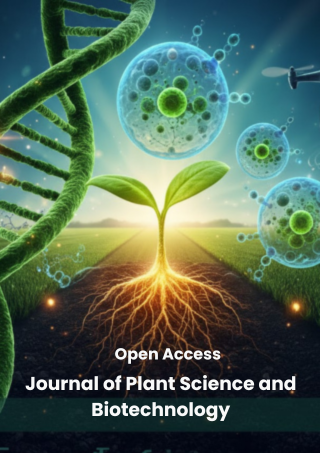Plant Molecular Biology
Plant molecular biology focuses on understanding the molecular mechanisms that govern plant growth, development, metabolism, and adaptation. This discipline investigates how DNA, RNA, proteins, and metabolites interact to regulate gene expression and cellular processes within plants. Key areas of study include transcriptional and post-transcriptional regulation, signal transduction pathways, protein–protein interactions, and the molecular basis of plant responses to environmental stimuli. Advances in molecular biology have enabled scientists to dissect complex processes such as photosynthesis regulation, hormone signaling, secondary metabolite biosynthesis, and defense mechanisms against pathogens. Cutting-edge tools like RNA sequencing, proteomics, metabolomics, and genome editing technologies provide deep insights into the molecular networks that control plant physiology. The applications of plant molecular biology extend to crop improvement, metabolic engineering, and stress resilience. By identifying and manipulating key regulatory genes and pathways, researchers can develop plants with enhanced nutritional value, improved productivity, and tolerance to biotic and abiotic stresses. Ultimately, plant molecular biology provides the foundation for translating molecular discoveries into innovative agricultural and biotechnological solutions that address global food and environmental challenges.
Article Processing Timeline
| 2-5 Days | Initial Quality & Plagiarism Check |
| 15 Days |
Peer Review Feedback |
| 85% | Acceptance Rate (after peer review) |
| 30-45 Days | Total article processing time |
Journal Flyer


